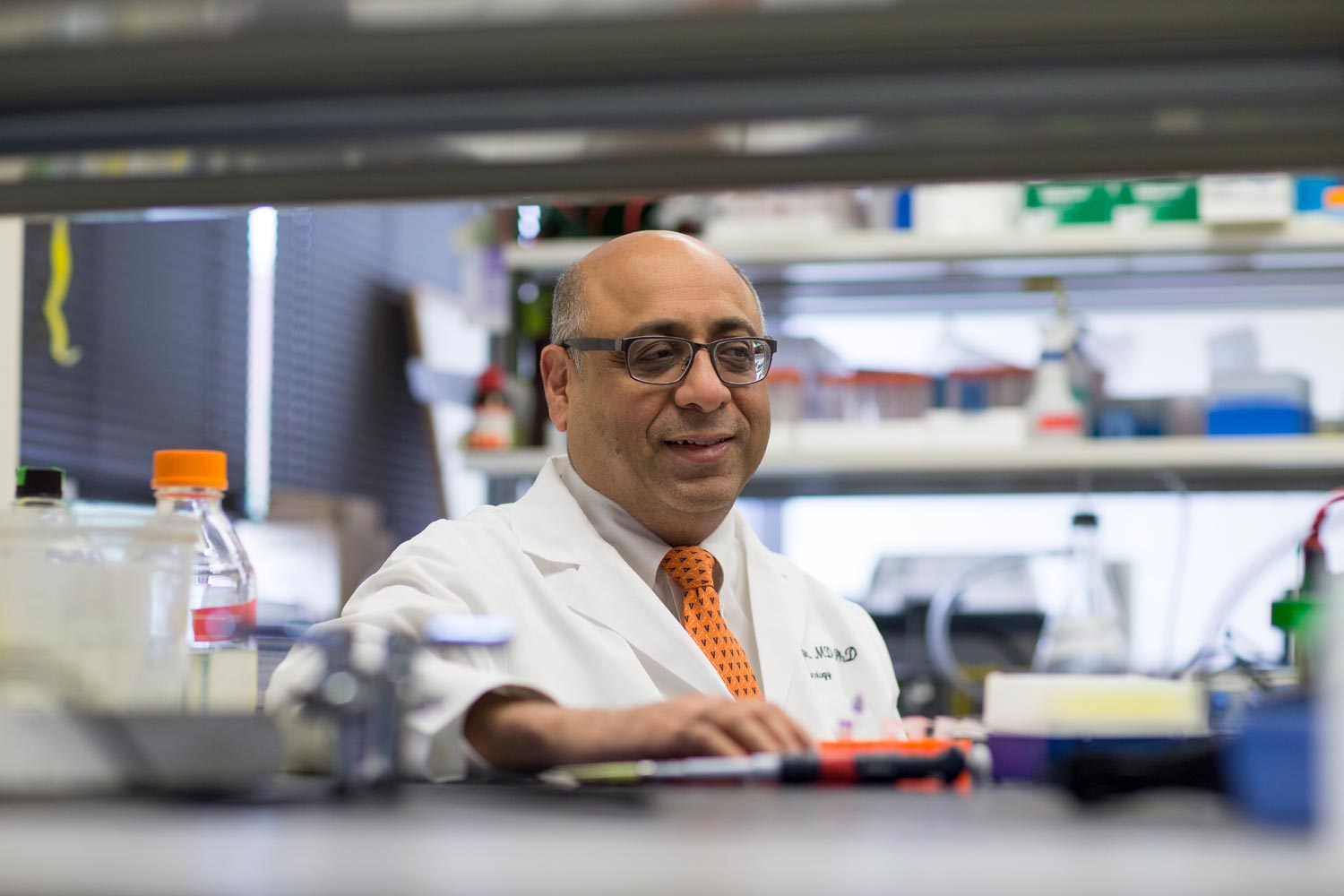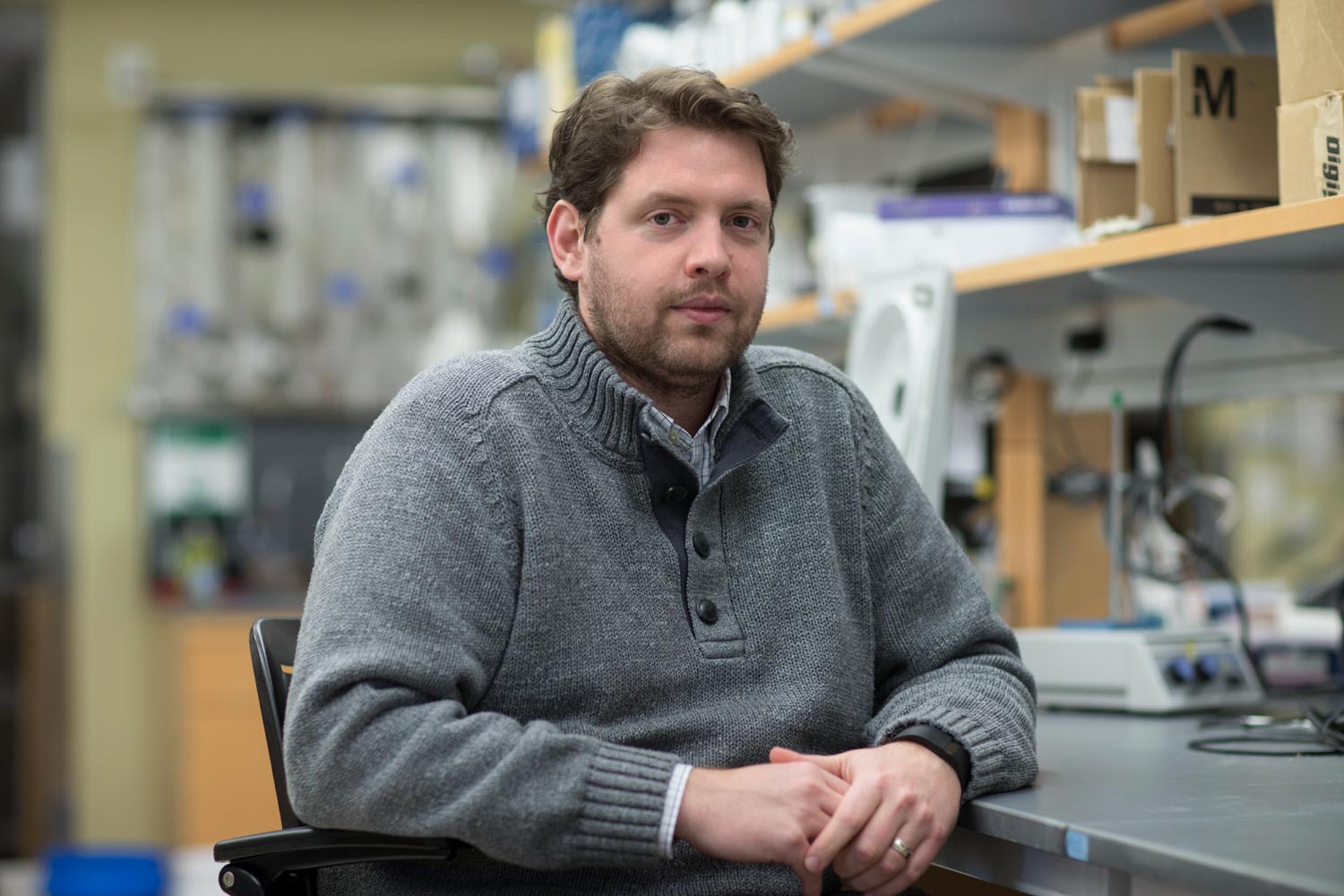Understanding dyslexia, autism-related disorders, the effects of dopamine on the body clock and the mechanics of concussions, as well as developing new brain cancer therapies and imaging techniques, are among the ambitious projects recently funded with the second round of seed grants from the University of Virginia’s multidisciplinary Brain Institute.
The grants total more than $880,000 and will help 10 cross-disciplinary research teams involving 29 faculty members kick-start their projects in basic and translational brain science. The seed funding program is financed by the UVA Strategic Investment Fund through the Board of Visitors, the Office of the President and the Office of the Vice President for Research, as part of the University’s plan to invest in innovative, big-picture projects aimed at solving some of society’s biggest challenges in health and other areas.
“The seed-funding program brings neuroscience investigators together from a range of fields to tackle important questions and perform transformative work that differentiates the University’s research enterprise,” said Dr. Jaideep Kapur, director of the UVA Brain Institute and a chaired professor of neuroscience in the Department of Neurology. “By fostering cross-Grounds collaboration, this seed-funding program catalyzes research efforts and supports novel ideas and approaches between the research groups.”

Dr. Jaideep Kapur directs UVA’s multi-disciplinary Brain Institute. (Photo by Dan Addison, University Communications)
Kapur said the funded projects have high potential for making impactful initial discoveries that could lead to significant funding from external sources, including federal and state agencies, foundations and private donors.
The awardees represent the College of Arts & Sciences, the Curry School of Education, the School of Engineering and Applied Science and the School of Medicine, all working across the disciplines and across school boundaries.
For example, Ali Güler, a biology professor in the College, is working with pharmacology professor Michael Scott in the School of Medicine on an anti-obesity project to understand how reward-processing neuronal circuits modulate the body’s central circadian pacemaker, thereby affecting metabolism.
“The UVA Brain Institute seed funding gives us the opportunity to convert an interesting idea – one that was discussed over a beer at a retreat – into a high-impact project,” Güler said. “It allows us to do exciting science without the worry of fundability from traditional sources. And because we won funding quickly after submitting our proposal, we have been able to put extra effort and resources into this innovative project in a very short time and have already made significant advancements.”

Biologist Ali Güler is using seed funding for an anti-obesity study. (Photo by Dan Addison, University Communications)
Güler said that, as a result, his research team is now able to dedicate a graduate student to full-time research, rather than serving part-time as a teaching assistant.
“This will ensure rapid progress and give us a better chance at publishing high-impact papers and securing federal funding in the near future,” Güler said. “We are very grateful for the support.”
Another project, “Concussion-Induced Inflammation: A Clinical and Mechanistic Study,” is integrating a range of perspectives to investigate the short- and long-term physiological effects of head impacts on the brain, such as those experienced in contact sports like football.
The research team includes physicians in the departments of Emergency Medicine and Neurology; and professors in Psychiatry & Neurobehavioral Sciences, Neuroscience, Radiology and Medical Imaging, Mechanical and Aerospace Engineering, and in Kinesiology. Those departments span three schools: Medicine, Engineering and the Curry School of Education.
“The ability to obtain funding for pilot data through the Brain Institute is a game-changer for our research group and UVA,” said Donna Broshek, director of UVA’s Neurocognitive Assessment Lab and a co-investigator on the concussion study. “Funding exploratory studies that bring researchers together from across Grounds will enable us to develop novel, team-based scientific studies with high impact.”
Other projects are investigating recurrent brain cancer using state-of-the-art imaging; epigenetics in early child development; the role of antibodies in activating immune cells for cancer therapy; and others.
This is the second year that the Brain Institute is funding multipronged approaches to tackling challenging problems involving the nervous system. Last year, seven projects involving 21 researchers received seed grants.
The UVA Brain Institute was established two years ago as one of currently four new pan-University institutes designed to respond to and help solve major problems and issues affecting society. The other institutes, established under the University’s strategic Cornerstone Plan, are the Data Science Institute, the Global Infectious Diseases Institute and the Environmental Resilience Institute.
Media Contact
Article Information
January 26, 2018
/content/uva-brain-institute-funds-another-10-multi-disciplinary-research-teams

